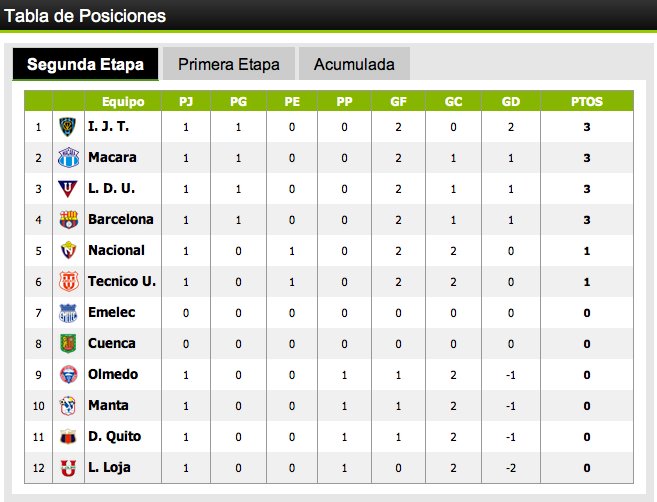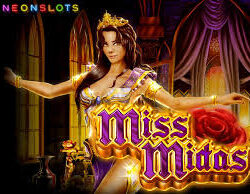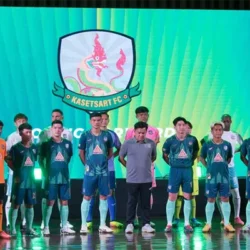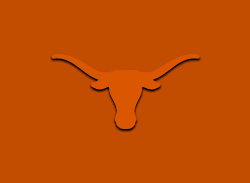Ecuador Serie A is the premier professional football division in Ecuador, showcasing some of the most competitive teams and thrilling matches in South American football. Established in 1957, this league has evolved significantly over the years, fostering local talent and attracting international players. The excitement surrounding the Serie A reflects not only the passion for football but also the cultural depth and historical significance tied to the F168 sport in Ecuador.
Historical Context of Ecuador Serie A
To fully appreciate Ecuador Serie A, one must delve into its rich history, which has been shaped by socio-political factors, regional rivalries, and the evolution of football in the country. Understanding these elements provides a clearer comprehension of the league’s current status and future potential.
Origins and Establishment

The origins of Ecuador’s top football league date back to the mid-20th century.
The country was going through significant changes, both politically and socially. The formation of Ecuador Serie A marked a new era in sports. In 1957, as football gained popularity, the need for an organized competition became evident.
The inaugural season featured only a handful of teams, but it laid the groundwork for a robust structure that would witness numerous transformations in the decades to come.
As football clubs began to establish themselves, they were not merely sporting entities; they became symbols of regional pride and identity, further entwining the sport with national culture.
Evolution Through the Decades
Football in Ecuador saw various shifts through the years, particularly influenced by global events and local developments.
In the 1960s and 70s, the league experienced a surge in popularity. This was largely due to improved media coverage, allowing fans to engage more deeply with their favorite teams. Large stadiums began hosting thousands, creating an electric atmosphere during matches.
The introduction of promotion and relegation systems enhanced competitiveness among teams, ensuring that each match had high stakes. Over time, clubs like Barcelona SC and LDU Quito emerged as powerhouses, winning multiple championships and representing Ecuador on the continental stage.
Political and Social Influences
The intertwining of politics and sport cannot be overlooked when discussing Ecuador Serie A.
Throughout various political regimes in Ecuador, football remained a constant source of unity and sometimes division among the populace.
In times of unrest or economic hardship, football served as an escape, offering hope and excitement to many. Furthermore, government initiatives aimed at promoting sports often led to increased investment in football infrastructure, allowing for better training facilities and youth academies.
Clubs recognized the importance of fostering local talent, thus contributing to the growth of a generation of players who would go on to represent Ecuador internationally.





